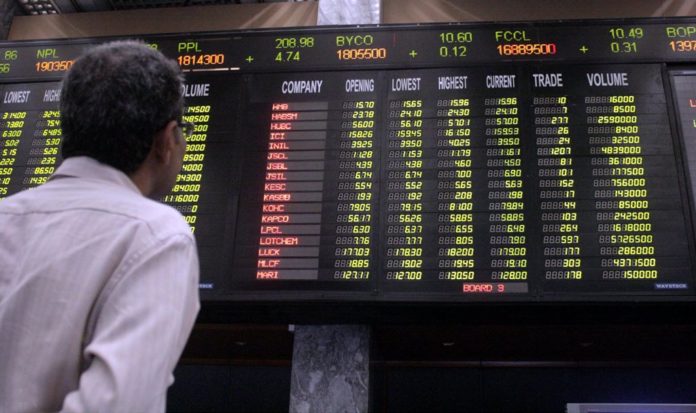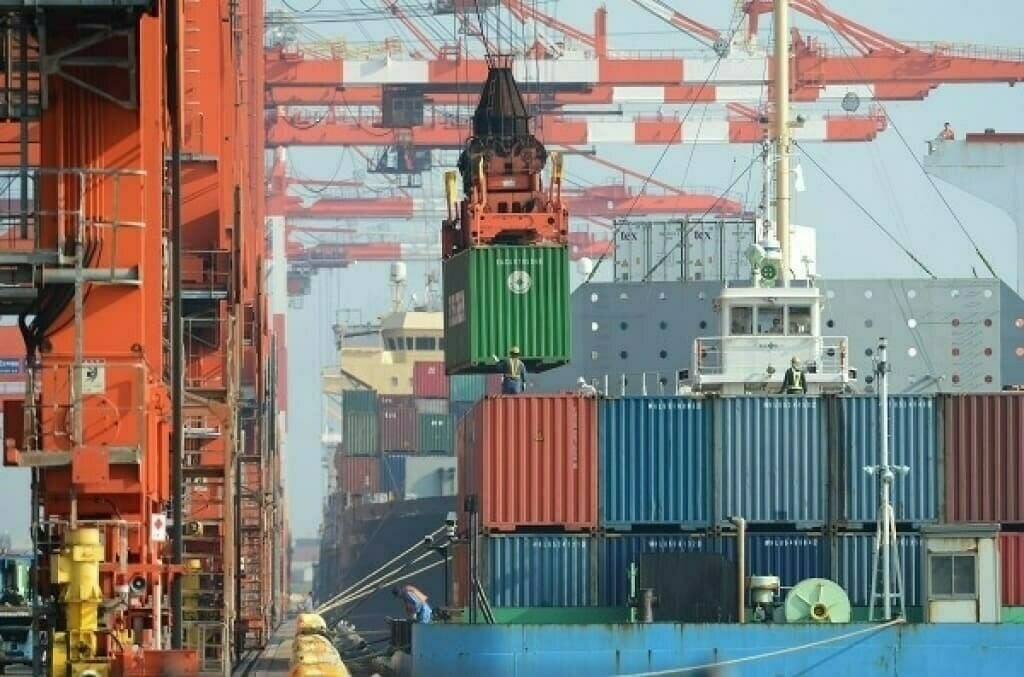PTBP Web Desk
Honda Atlas Cars Limited (HCAR), a subsidiary of Honda Motor Co., Ltd., has officially announced plans to introduce a hybrid car in Pakistan, marking a major development for the country’s automotive industry. The upcoming model will not only carry Honda’s advanced hybrid technology but will also feature Honda Sensing, the company’s modern driver-assistance safety system.
This significant announcement was made by HCAR President and CEO, Masaya Wakuda, during the company’s Annual General Meeting (AGM). Wakuda confirmed that the Japanese automaker is committed to introducing modern, fuel-efficient, and environmentally friendly vehicles in Pakistan, in line with global trends.
During the AGM, shareholders raised concerns about the lack of hybrid vehicles in Honda’s current lineup in Pakistan, especially when rival companies like Toyota have already moved aggressively into the hybrid segment.
In response, Wakuda assured stakeholders that Honda has been a global leader in hybrid technology, particularly in the United States and other international markets, and now aims to bring this expertise to Pakistani consumers.
“Apart from the hybrid technology of Honda, the company is planning to introduce advanced Honda Sensing in its new hybrid model in Pakistan,” Wakuda explained.
Honda Sensing is an intelligent safety and driver-assistance suite that includes features such as collision mitigation braking, lane-keeping assist, adaptive cruise control, and road departure mitigation. These advanced safety features are expected to set new standards in Pakistan’s car market, which is currently dominated by conventional internal combustion engine (ICE) vehicles.
The timing of Honda’s hybrid launch is particularly significant, as Toyota Pakistan has already announced a $100 million investment in hybrid technology over the coming years. With both Japanese automakers competing in the hybrid segment, the Pakistani auto industry may soon witness rapid technological upgrades and more environmentally friendly options for consumers.
The government of Pakistan is also pushing for the adoption of eco-friendly vehicles through various policies. Recently, it announced the New Energy Vehicle (NEV) Policy 2025–30, aimed at reducing emissions, cutting down on fuel imports, and supporting the transition toward hybrid and electric vehicles (EVs).
During the AGM, HCAR’s management shed light on recent government policies that will shape the future of the automotive industry.
- The Automobile Policy currently in place will remain effective until June 2026, ensuring regulatory stability for manufacturers.
- A carbon tax of 1%–2% has been imposed on existing ICE vehicles to discourage excessive reliance on conventional engines and to encourage hybrid and EV adoption.
- The sales tax on small cars has also been increased significantly, from 8.5% to 18%, making fuel-efficient and hybrid cars more attractive alternatives for buyers.
These measures indicate a clear policy shift towards reducing carbon emissions and promoting hybrid and EV adoption in Pakistan.
One of the concerns raised by shareholders was the government’s recent decision to allow the import of second-hand cars up to five years old.
HCAR’s chairman acknowledged the potential impact of this decision on the local auto industry but emphasized that commercial import has been permitted under specific conditions. He added that while this may generate additional revenue for the government, it will also lead to a rise in the prices of reconditioned vehicles in the domestic market.
This development may pose challenges for local automakers, including Honda, as imported used vehicles often provide cheaper alternatives for consumers.
While Honda’s decision to introduce hybrids in Pakistan is a step in the right direction, the company faces multiple challenges:
- Market Affordability – With rising inflation and high vehicle prices, affordability remains a concern for Pakistani consumers.
- Competition – Toyota and other manufacturers are also moving into the hybrid and EV market, increasing competitive pressure.
- Consumer Awareness – Hybrid technology is still relatively new for many consumers in Pakistan, requiring awareness campaigns.
Despite these challenges, Honda sees enormous opportunities. The global demand for hybrids and EVs is rising, and Pakistan, being one of the most climate-vulnerable countries, urgently needs cleaner transportation options.




